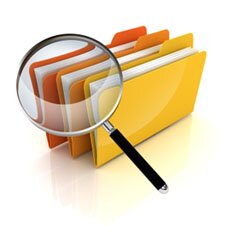Premises Fact Finder
A SELF HELP GUIDE TO PREMISES
Premises – a space to meet, a space to work, a space to run an activity - are important to many voluntary and community organisations.

Some organisations may run and own a building as part of their services to a community, others may simply need somewhere to occupy as a base from which they can do their work. But as technology develops, some organisations may not need their own premises at all.
Whatever their particular need, most voluntary and community organisations will find their questions about premises addressed in this guide.
The idea of the PREMISES FACT FINDER is to encourage self help by using questions that are very frequently asked by voluntary and community sector organisations about premises. It has been devised to help organisations think about their plans for premises and any problems they may have with them in order that they can make good use of available information before they go to other organisations or spend their limited resources on professional advice and help.
Of course, not all of these questions have straightforward answers – most of the answers will involve the qualification “well it depends on …”
But people whose main business has nothing to do with buildings, but who want to or do already occupy premises, need somewhere to start – a pointer in a useful direction. The guide is just that - it signposts routes to get answers to questions about premises and provides three kinds of answer:
- A short answer as a “way in” to the nuts and bolts of the issues which are often complex and are different in every case.
- A useful publication or on line information that will help to answer the question.
- Contact details for organisations that have relevant expertise, many of which can help for free or at very low cost.
The PREMISES FACT FINDER is organised into six sections –
-
Before you Start,
-
Finding and Taking on Premises,
-
Managing Premises,
-
Building or Improving Premises
-
Maintaining Premises,
-
Professional Advice.
To keep things simple this Guide refers throughout to “members of your governing body” as a way to describe the people in positions of legal responsibility who may be described in different ways by organisations, for example as Management Committee Members, Board Members, Company Directors or Charity Trustees. Similarly the Guide refers to “governing documents” which means your organisation’s constitution, deed or memorandum and articles of association.